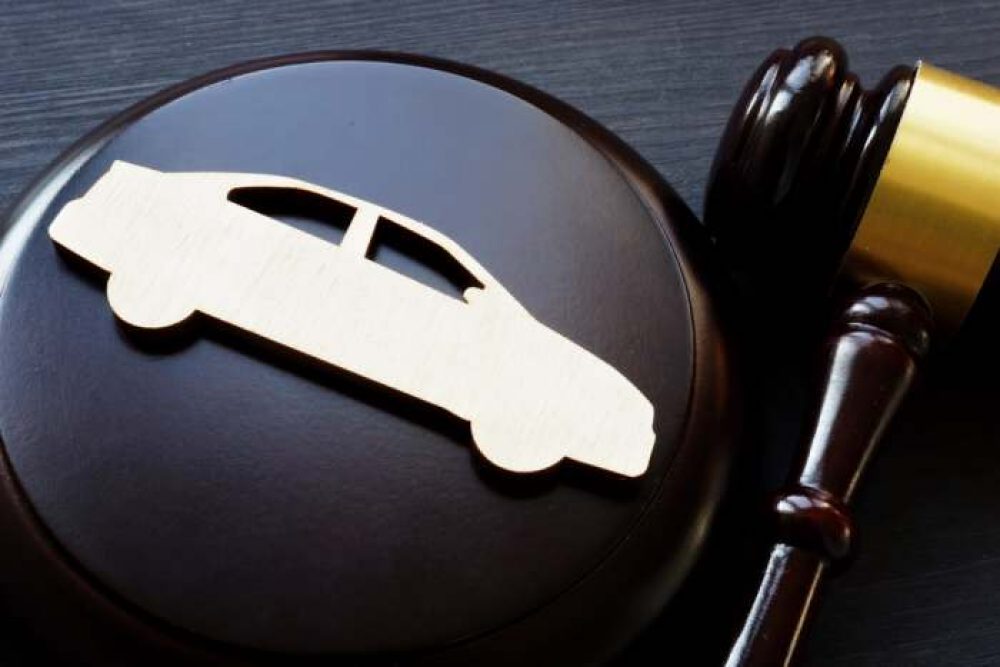
A trio of Chicago drivers has launched a class-action lawsuit against the private company, Chicago Parking Meters. The suit alleges that the exclusive contract granted by the city to the private company to control street parking is a “75-year monopoly”.
The lawsuit seeks class-action status on behalf of Windy City drivers who have been forced to use the ParkChicago meters. The lawsuit filed in Chicago federal court alleges that the 75-year contract has resulted in too many meters, sky-high parking rates, and unnecessary restrictions on alternatives such as ride-sharing and bikes.
The city of Chicago granted Chicago Parking Meters, a privately-owned company, monopoly control over Chicago’s parking meters for an unprecedented 75-years. The lawsuit further alleges that the monopoly was granted without considering the innovative transportation technology over the coming century.
A 2009 deal, made by Mayor Richard M. Daley, privatized Chicago street parking, awarding Chicago Parking Meters an exclusive 75-year contract. The deal gave the private company an upfront payment of $1.16 billion in cash. The unpopular deal was revised by Mayor Rahm Emanuel in 2013, to allow free parking on Sundays. The revision also included smartphone payments and revised the hours of meter operation.
Chicago’s Behemoth Parking Meter System Faces a Class-Action Lawsuit
Chicago Parking Meters operates 36,000 metered parking spaces in the city, making it the third-largest parking meter system in the country. The Abu Dhabi Investment Authority, Allianz Capital Partners, and Morgan Stanley are just a few of the investors in the privately held Chicago Parking Meters.
A class-action lawsuit has been filed on behalf of Chicago residents by plaintiffs Marianela D’Aprile, Micah Uetricht, and John Kaderbek. The lawsuit alleges the contract prohibits regulation by the City of Chicago over the rates charged by the privately held company. It also prohibits competitive bidding for other companies that could provide more efficient and lower-cost services in violation of federal antitrust laws.
Moreover, the lawsuit claims that the contract imposes “special restrictions” on other types of transportation such as ride-sharing, public transit, bicycles, and the possibility of driverless cars.
The city of Chicago has not been named as a defendant in the lawsuit.
Chicago Parking Meters Raking in the Cash
The lawsuit alleges that by the end of 2019, the privately held company had raked in $500 million in profit by increasing parking rates. The company paid $1.16 billion to the city for the contract.
Most of Chicago’s parking rates are $2.25 per hour, on average. But in the Loop, the rates are $7 per hour. Parking is free on Sundays in most areas of the city outside of the central business district. Parking is also free from 10 p.m. to 8 a.m. Every night in most of Chicago.
“Over the 75-year life of the contract, having already profited by $500 million, Chicago Parking Meters has already achieved and will continue to achieve an extraordinary rate of return on its original $1.16 billion investment. at the expense of Chicagoans who prefer other types of transportation on which this profit depends,” alleges the lawsuit.
The lawsuit also alleges the parking contract violates the Illinois Consumer Fraud Act and federal antitrust laws. As well as class-action status, the lawsuit seeks undisclosed monetary damages, reimbursement of legal fees, and other relief.
Sustainable Transportation in the Windy City
Chicago is a leader when it comes to promoting sustainable forms of transportation, such as bicycles, walking, and electric buses and trains.
For example, the city designated a 50-square mile section of the city for electric scooter rentals. At least ten companies jumped at the opportunity to participate in the pilot scooter program: Lime, Bird, Lyft, Grüv, Bolt, Jump, Spin, Sherpa, Wheels, and VeoRide. You’ll need to download a different app to rent a scooter for each company.
Also, due to hundreds of miles of bike lanes and wonderfully level streets, Chicago ranks as one of the country’s most bike-friendly cities. Whether Chicagoans ride bikes around town on the weekends or commute every day, it all reduces the city’s carbon footprint.
Chicago even has a bike ride-share program with more than 600 bike stations and more than 6,000 bikes across the city. Riders can join the program for as little as $9 a month.
For those who want to get out of the city, a high-speed rail system is also proposed that would run between Chicago and St. Louis, Missouri. The proposed rail system would make stops in Joliet, Lincoln, Springfield, and six other cities along the way. Once the project is completed, the rail system will accommodate trains running as fast as 110 mph.









